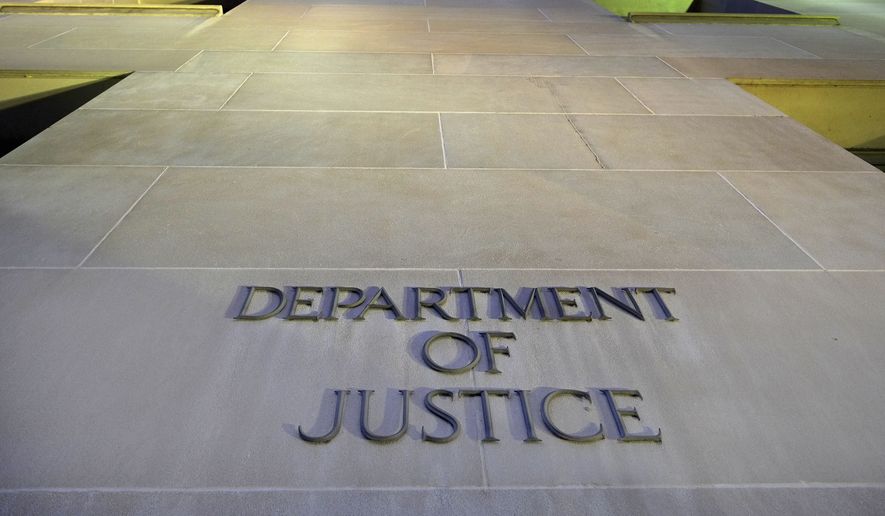The Department of Justice on Wednesday filed a religious discrimination lawsuit against a New Jersey community alleging it spitefully thwarted an Orthodox Jewish organization efforts to move into a bigger facility.
The lawsuit is the culmination of a Justice Department investigation that began last summer into the zoning practices of Woodcliff Lake, New Jersey. Both the borough of Woodcliff Lake and its zoning board are named as defendants.
Valley Chabad, a Hasidic group, held meetings in a single-family home in Woodcliff Lake. When the group tried to expand into a larger property, the borough blocked them at every turn, according the the lawsuit. First, the group tried to move into a property that was later seized by Woodcliff Lake through eminent domain.
Valley Chabad next tried to buy a larger property to build a school, temple and meeting house, but the township allegedly swooped in and acquired the land before they could complete the deal, court documents say.
Between 2005 and 2013, Valley Chabad sought to purchase three different sites after nine years of searching for a suitable location, according to the Justice Department.
One construction application required 628 and 18 public hearings and was nevertheless denied, Valley Chabad charged in their own lawsuit, filed last year.
Other allegations include claims Mayor Carlos Rendo, who was a Republican candidate for Lt. Governor last year, making derogatory comments. Valley Chabad alleges in its lawsuit, that Mr. Rendo said the organization wants to turn Woodcliff Lake into “little Jerusalem.”
Mr. Rendo denied the claim when it became a contentious issue during 2017 New Jersey gubernatorial campaign.
“These allegations are completely false and do not represent me or my beliefs as an immigrant, a husband, a father or as an American,” he said in a statement.
The Justice Department claims the borough’s actions violate the Religious Land Use and Institutionalized Persons Act of 2000 (RLUIPA), a law signed by President Bill Clinton protecting churches from discrimination in land use ordinances.
“The Constitution doesn’t just protect the freedom to worship in private—it protects the public exercise of religious belief, including where people worship together,” Attorney General Sessions said announcing the lawsuit. “Under the laws of this country, government cannot discriminate against people based on their religion—not in law enforcement, not in grant-making, not in hiring, and not in local zoning laws.
Mr. Sessions filed the suit as part of the Justice Department’s Place to Worship Initiative, a promise to ramp up enforcement of the RLUIPA. The Justice Department also announced on Wednesday it will host community events across the country to educate municipal officials and religious organizations about the law. It will also provide additional training and resources on religious discrimination for federal prosecutors.
• Jeff Mordock can be reached at jmordock@washingtontimes.com.




Please read our comment policy before commenting.